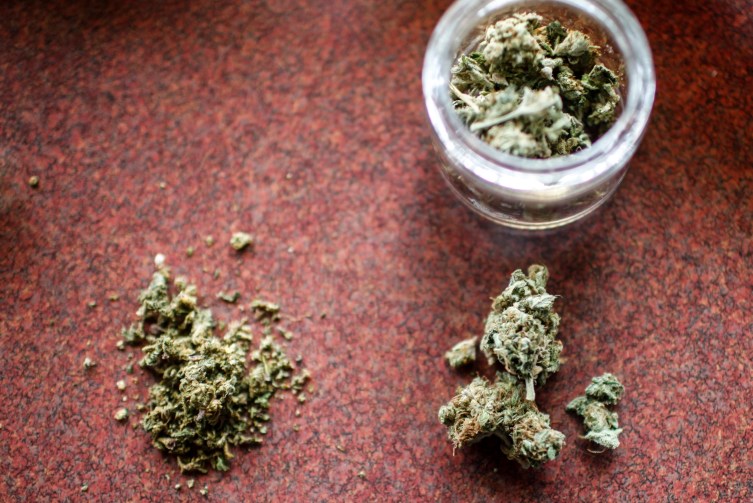When alcohol Prohibition fell, it was in the same manner. One by one, individual states stood up to the Feds and decided they were not going to enforce Prohibition anymore. That left the Feds with no choice but to cave in.
In other news, 11 years ago Portugal decriminalized ALL drugs. What happened? As of July, 2011, drug abuse was down by over half.
In other news, 11 years ago Portugal decriminalized ALL drugs. What happened? As of July, 2011, drug abuse was down by over half.
7/05/2011 @ 3:09PM
Ten Years After Decriminalization, Drug Abuse Down by Half in Portugal
Drug warriors often contend that drug use would skyrocket if we were to legalize or decriminalize drugs in the United States. Fortunately, we have a real-world example of the actual effects of ending the violent, expensive War on Drugs and replacing it with a system of treatment for problem users and addicts.
Ten years ago, Portugal decriminalized all drugs: Link
One decade after this unprecedented experiment, drug abuse is down by half: Link
Many of these innovative treatment procedures would not have emerged if addicts had continued to be arrested and locked up rather than treated by medical experts and psychologists. Currently 40,000 people in Portugal are being treated for drug abuse. This is a far cheaper, far more humane way to tackle the problem. Rather than locking up 100,000 criminals, the Portuguese are working to cure 40,000 patients and fine-tuning a whole new canon of drug treatment knowledge at the same time.
None of this is possible when waging a war.
Ten Years After Decriminalization, Drug Abuse Down by Half in Portugal
Drug warriors often contend that drug use would skyrocket if we were to legalize or decriminalize drugs in the United States. Fortunately, we have a real-world example of the actual effects of ending the violent, expensive War on Drugs and replacing it with a system of treatment for problem users and addicts.
Ten years ago, Portugal decriminalized all drugs: Link
One decade after this unprecedented experiment, drug abuse is down by half: Link
Health experts in Portugal said Friday that Portugal’s decision 10 years ago to decriminalise drug use and treat addicts rather than punishing them is an experiment that has worked.
“There is no doubt that the phenomenon of addiction is in decline in Portugal,” said Joao Goulao, President of the Institute of Drugs and Drugs Addiction, a press conference to mark the 10th anniversary of the law.
The number of addicts considered “problematic” — those who repeatedly use “hard” drugs and intravenous users — had fallen by half since the early 1990s, when the figure was estimated at around 100,000 people, Goulao said.
Other factors had also played their part however, Goulao, a medical doctor added.
“This development can not only be attributed to decriminalisation but to a confluence of treatment and risk reduction policies.”
“There is no doubt that the phenomenon of addiction is in decline in Portugal,” said Joao Goulao, President of the Institute of Drugs and Drugs Addiction, a press conference to mark the 10th anniversary of the law.
The number of addicts considered “problematic” — those who repeatedly use “hard” drugs and intravenous users — had fallen by half since the early 1990s, when the figure was estimated at around 100,000 people, Goulao said.
Other factors had also played their part however, Goulao, a medical doctor added.
“This development can not only be attributed to decriminalisation but to a confluence of treatment and risk reduction policies.”
None of this is possible when waging a war.












Comment